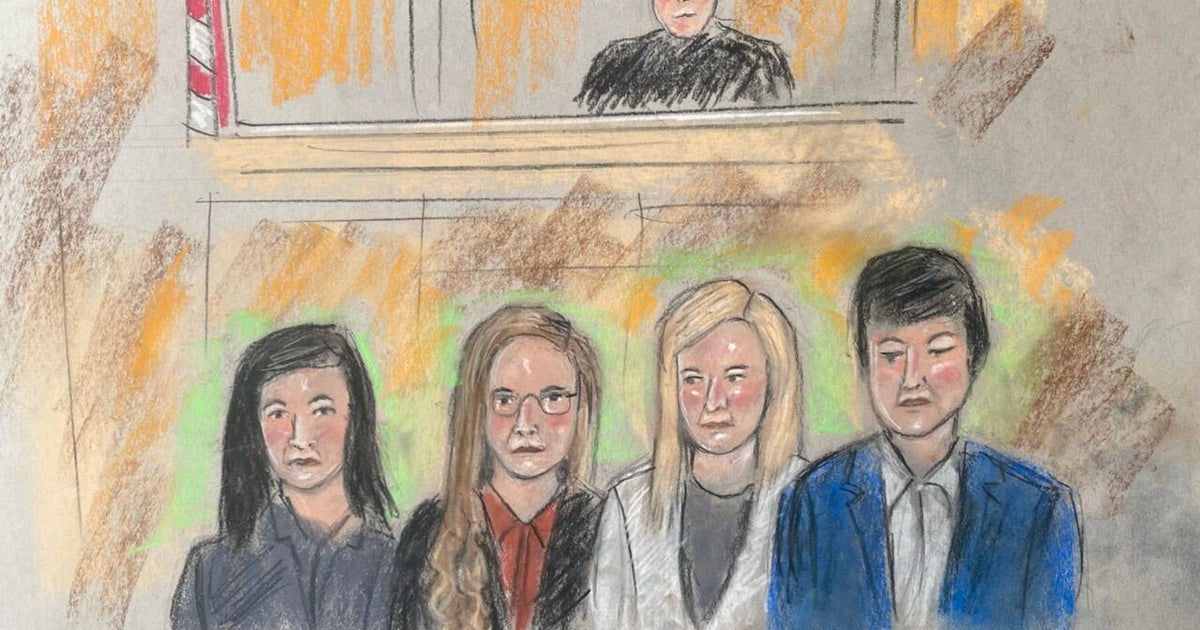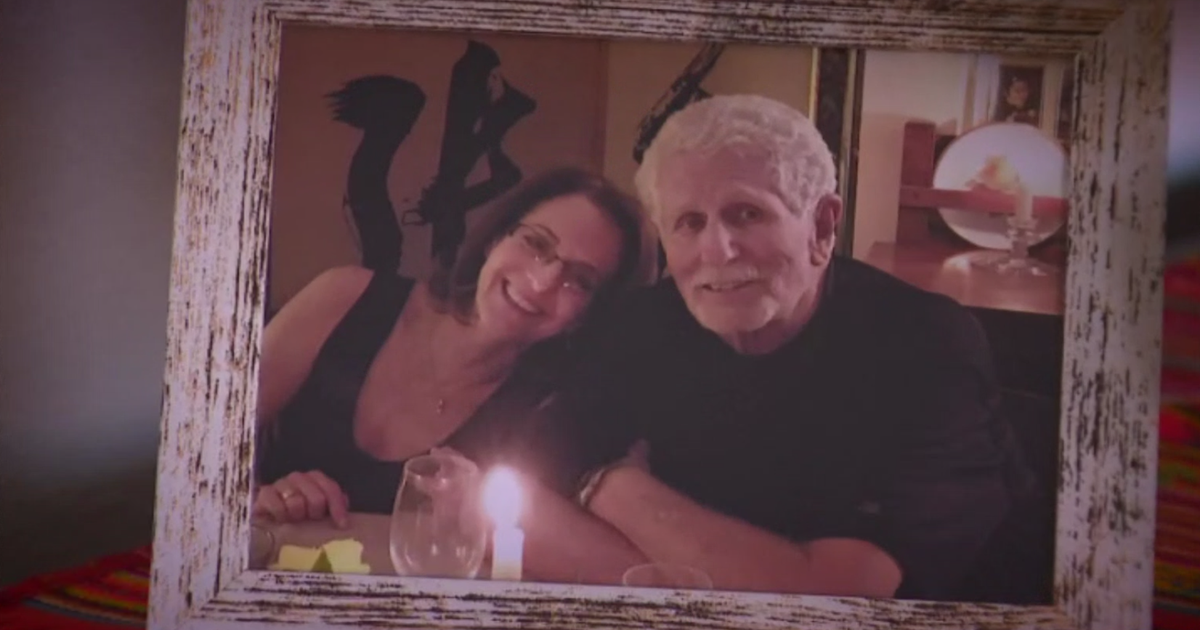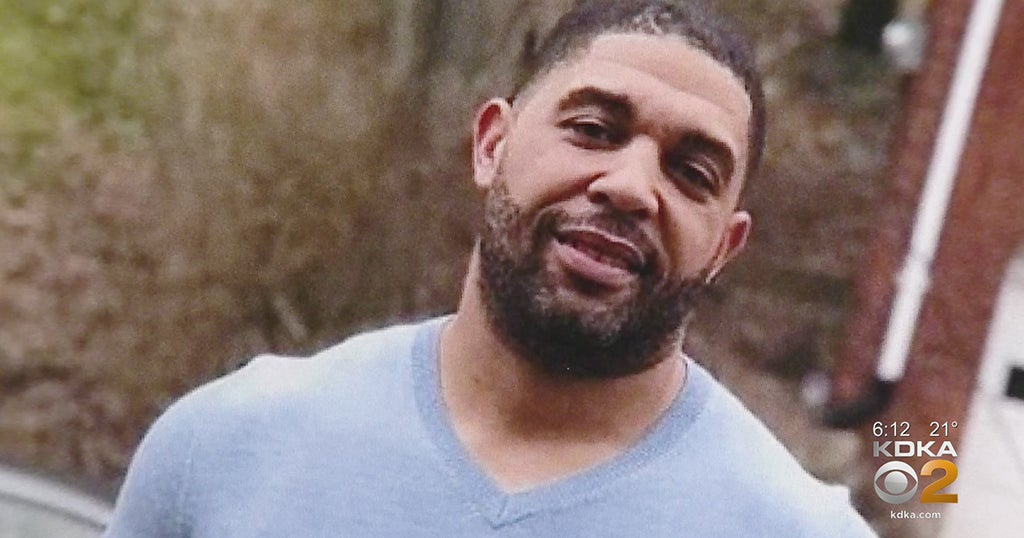North Texans Share Tragic Bullying Stories
LEWISVILLE (CBSDFW.COM) - On a peaceful day at Old Hall Cemetery in Lewisville, the Lance family remembers a young life taken away too soon. "Thank you, God, for giving us a wonderful son," prayed Jason Lance, "even though it was short." He and wife Debbie experienced an ultimate tragedy when their 9-year-old son hanged himself at elementary school in The Colony.
"I want to dig him up," Debbie said about her son, Montana. "It's heart-wrenching. I can't sit there too long, because I will start picking at the dirt. I didn't get to hold my child for the last time before autopsy, so whenever I did hold him for the last time, he had to be flat. And I couldn't hold him up like a mama would, and hold him to my heart."
The Lances said that Montana was bullied relentlessly by classmates. That abuse -- verbal, physical and emotional -- left their child feeling hopeless, driving him to suicide. "I believe it was bullying," Jason said, "and nobody had his back."
The story of Montana Lance is not unique. Experts say that bullying is a growing trend. In fact, government statistics now show that one in four kids in the United States are bullied on a regular basis.
Deisy Martinez recalls being bullied while at Fort Worth Elementary School. "They were hitting me. They were saying mean things to me. 'You are a fat pig. You are so gross,'" Martinez tearfully recalled. "I said, 'Can you please stop? You are making me feel bad.' Then, they stopped. And then, they started picking on my friend."
"It just makes me hurt," Martinez added, "because my friend, she almost died because of them. They were hitting her too much."
Martinez is now part of a group called Girls Incorporated of Tarrant County, a nonprofit organization that helps girls cope with bullying.
And while the emotional scars still linger for Martinez, her health suffered as well. "Anything from headaches to stomachaches to getting colds more frequently," explained Dr. Lauri Jensen-Campbell, associate psychology professor at the University of Texas-Arlington. Her team conducted a study on hundreds of middle school students, discovering that those who had been bullied had lower levels of an important hormone called cortisol.
As research went deeper, Dr. Jensen-Campbell noticed another disturbing trend in young victims: post-traumatic stress disorder. "The more severe the bullying, or the more chronic the bullying, the more we are seeing them reporting symptoms associated with PTSD," said Dr. Jensen-Campbell. "Also, greater symptoms of depression and anxiety."
Meanwhile, the pain continues for the Lance family. But they refuse to stay silent. "My faith has brought me to believe that God will bring good from something tragic," said Debbie. They are determined to make sure that their son's story is heard, so that people can see what lengths that a child will go to in order to escape a bully.
Also Check Out:







